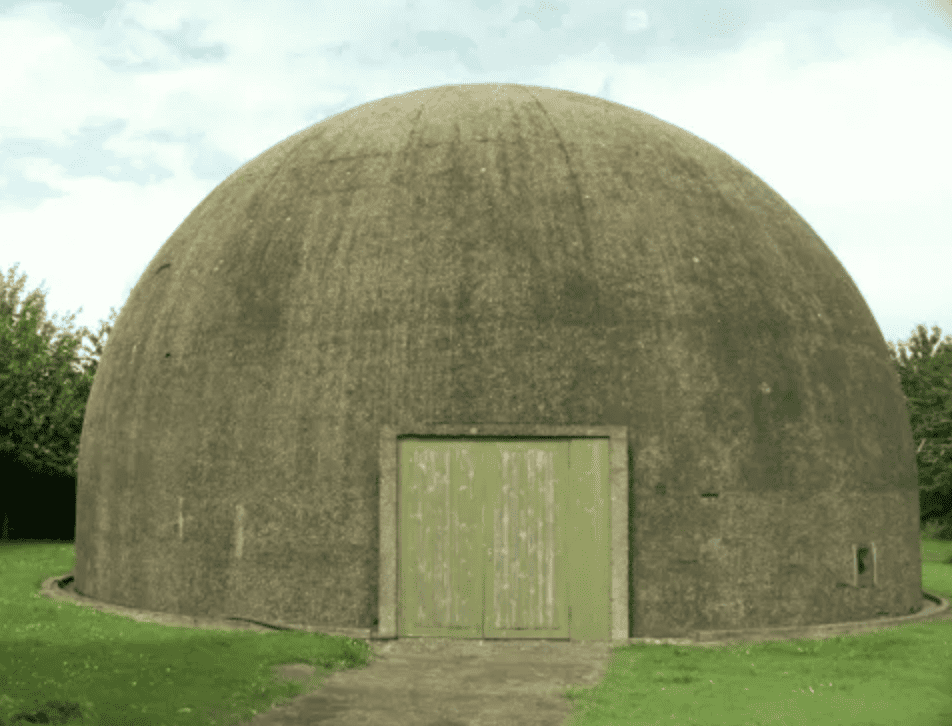
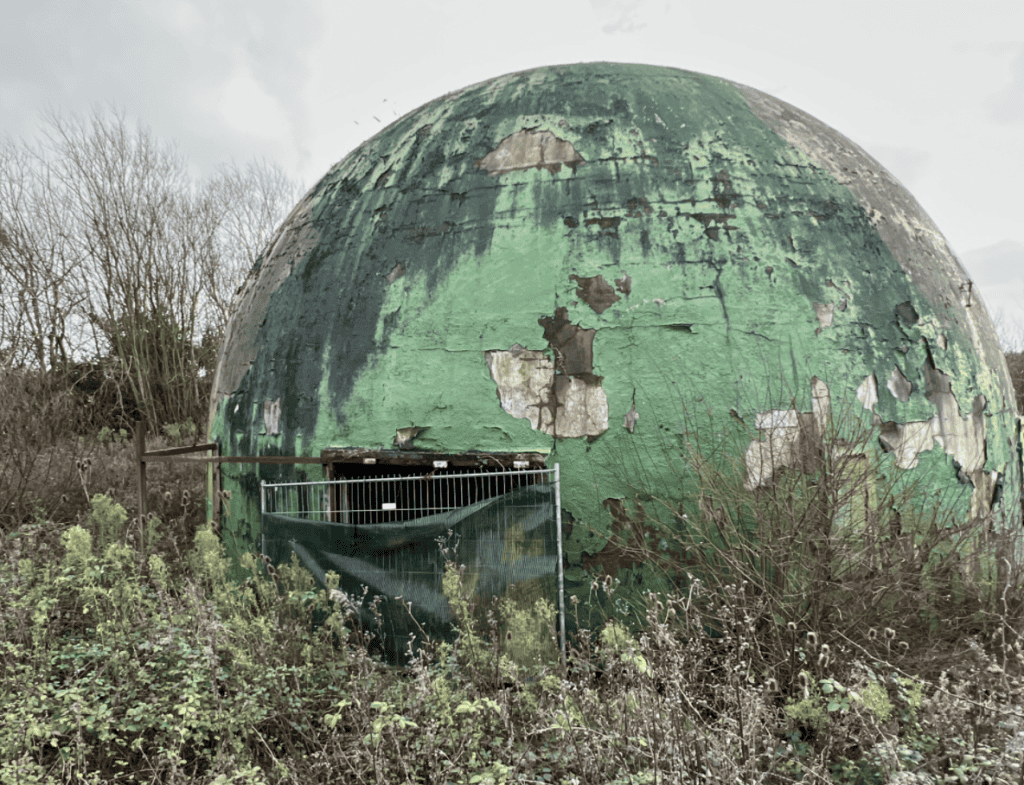

Recent posts and articles listed in published chronological order.


Slider the cursor to reveal 100 years of difference in the evolution of the Shoreham landscapes.
Swiss Gardens viewed from the tower 1910 : 1920
Continue reading “Before & Afters”The Aylings were family grocers, drapers and furnishers at 54 and 56 High Street on the western corner with John Street. Henry Ayling born 1838, a master grocer from Midhurst and his wife Fanny arrived in Shoreham during the mid/late 1860’s after acquiring the premises.
Continue reading “The Ayling Family”King’s Manor Girls School in Kingston Lane was built in 1959 to replace the sister school as the senior school for three parishes.
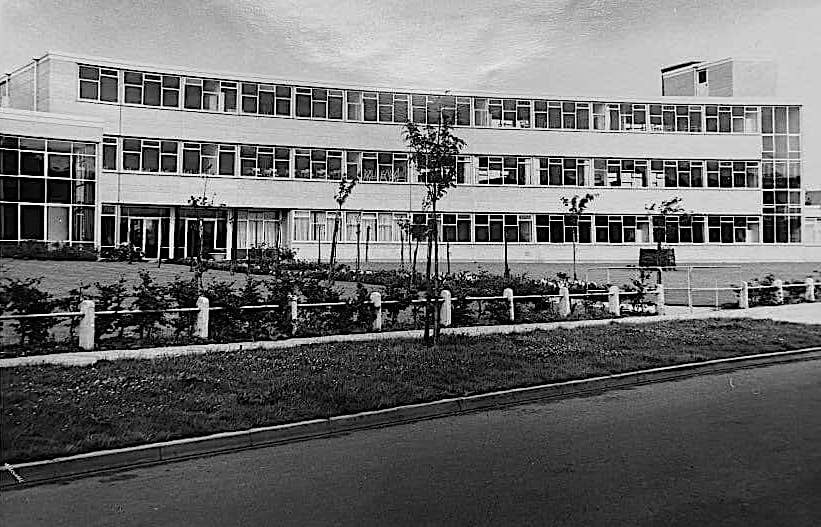
In the south east corner of Mill Lane Cemetery, overlooking The Meads and backing onto a spur of Greenacres, is the grave of a French sailor formerly of the SS Lutetia, who died in 1919. There are no other gravestones near to this isolated stone cross marker, giving it rather a sad and lonely appearance, perhaps reflecting the nature of this sailor’s death, a young man from another country who lost his life under tragic circumstances.
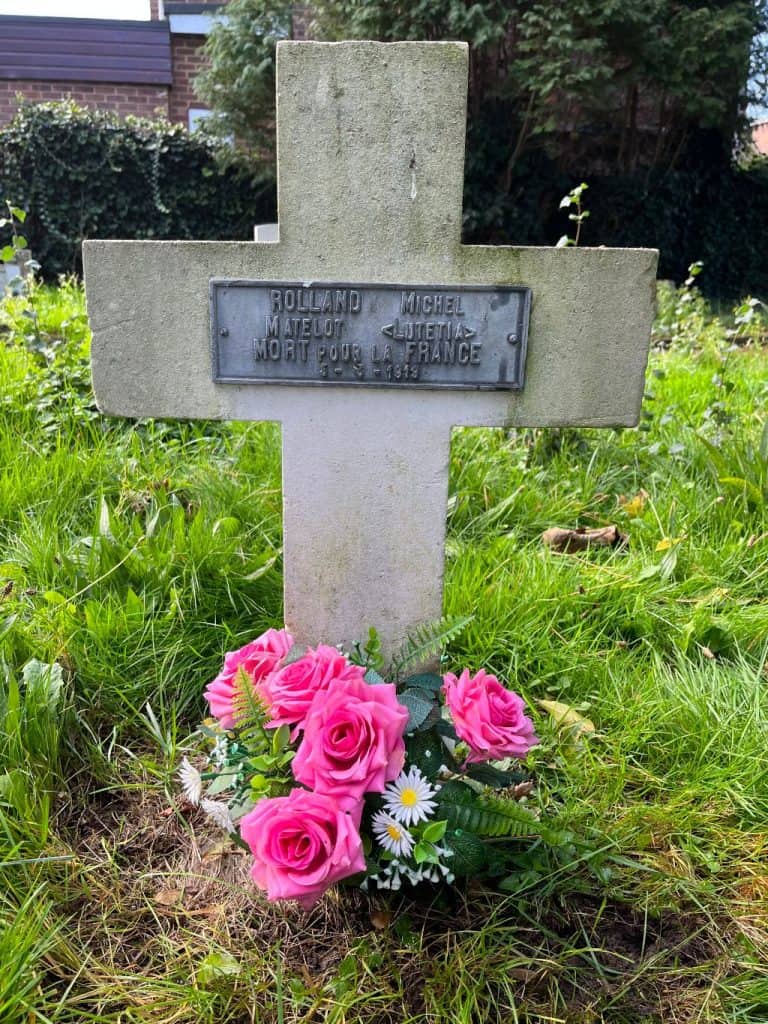
The SS Arthur Wright – a Shoreham Collier
The SS Arthur Wright was built by William Pickersgill & Sons at their Southwick, Sunderland yard in 1937 for the Brighton Corporation. It was a 1,097-ton vessel, the Corporation’s first collier, and used for conveying fuel to the electricity works at Portslade. Named after the first (1894) manager and engineer of the works (he also designed the first domestic supply meter) the Arthur Wright carried coal mainly from the Yorkshire and Welsh coalfields via the ports of Goole and Port Talbot.
Continue reading “SS Arthur Wright -collier”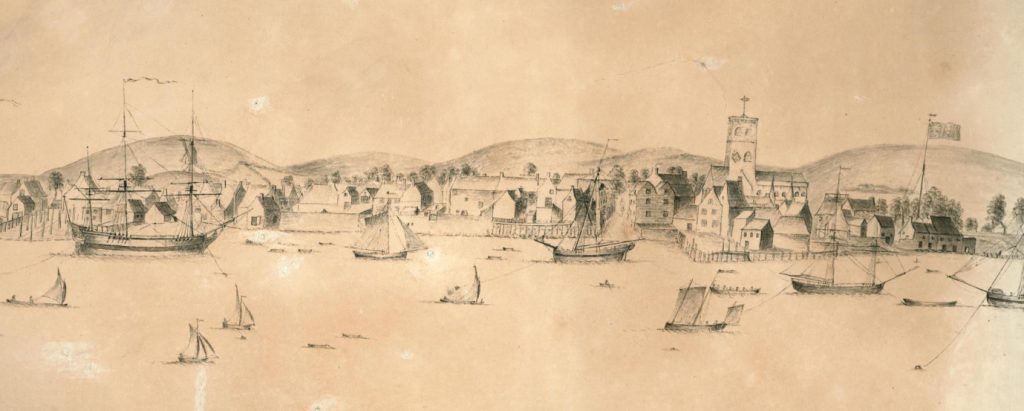
To coincide with the re-opening of Shoreham’s Marlipins Museum this May 2022 it is worthwhile mentioning that a visit to the first floor gallery will give a rare opportunity to view in person the original sketch made by Butler in 1786. This accurate snapshot of Shoreham is especially revealing. Roger Bateman’s meticulous examination and research is linked below.
After a very long time closed, the Marlipins Museum re-opens on 5th May 2022.
Entry is now free.
This is also an opportunity to re-watch Roger’s superb montage video about the origins of the museum.